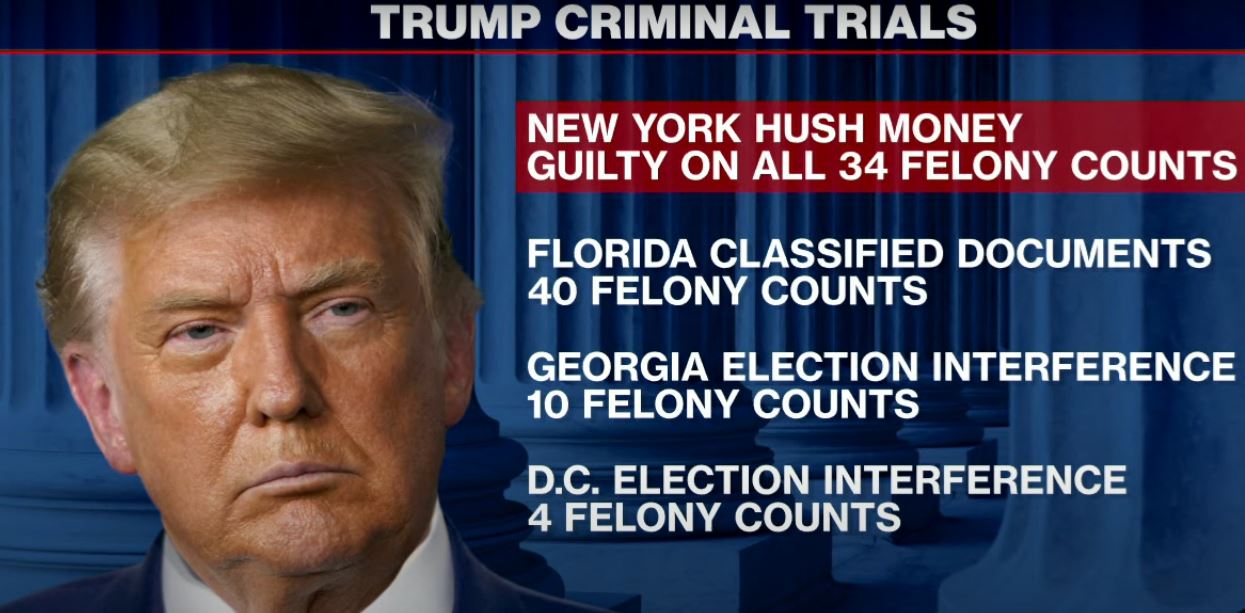In the majority ruling, Chief Justice John Roberts, a conservative, stated that a president had “absolute immunity” from criminal prosecution for actions performed in the course of official business while in office.

On July 1, the U.S. Supreme Court made a decision that grants Donald Trump some protection from prosecution due to his previous presidential status.
Kevin De Bruyne: Guardiola will let me go from Manchester City
This decision is expected to postpone his trial for alleged collusion to rig the 2020 election.
Four months before the Republican nominee, Mr. Trump, faces the Democrat, Joe Biden, in the election, the 6-3 vote was divided along ideological lines.
In the majority ruling, Chief Justice John Roberts, a conservative, stated that a president had “absolute immunity” from criminal prosecution for actions performed in the course of official business while in office.

Mr. Roberts declared, “There is no immunity for unofficial acts,” remanding the matter to a lower court to ascertain whether the former president’s allegations are related to official or unofficial behavior.
The three liberal justices expressed their disagreement, with Justice Sonia Sotomayor stating that no President in the history of our Republic had cause to think he would not face criminal prosecution if he broke the law using the official privileges of his position.
I dissent, fearing for our democracy, she stated. On May 30, a New York court found Mr. Trump guilty on 34 counts of felonies related to fabricating financial records to conceal a sexual scandal during the latter half of the 2016 presidential campaign.
This conviction makes Mr. Trump the first former American president to be found guilty of a crime. The date of his sentence is July 11.
Many legal experts deemed the New York hush money case to be the weakest of the four, but it is most likely the only one that will go to trial before the vote.
The three other trials, which center on Mr. Trump’s attempts to rescind the results of the 2020 election and his possession of top-secret materials at his Florida estate, have been postponed thanks to a plethora of pre-trial motions filed by his attorneys.
After taking the oath of office in January 2025, Mr. Trump has the option to order the closure of the federal trials against him if reelected.